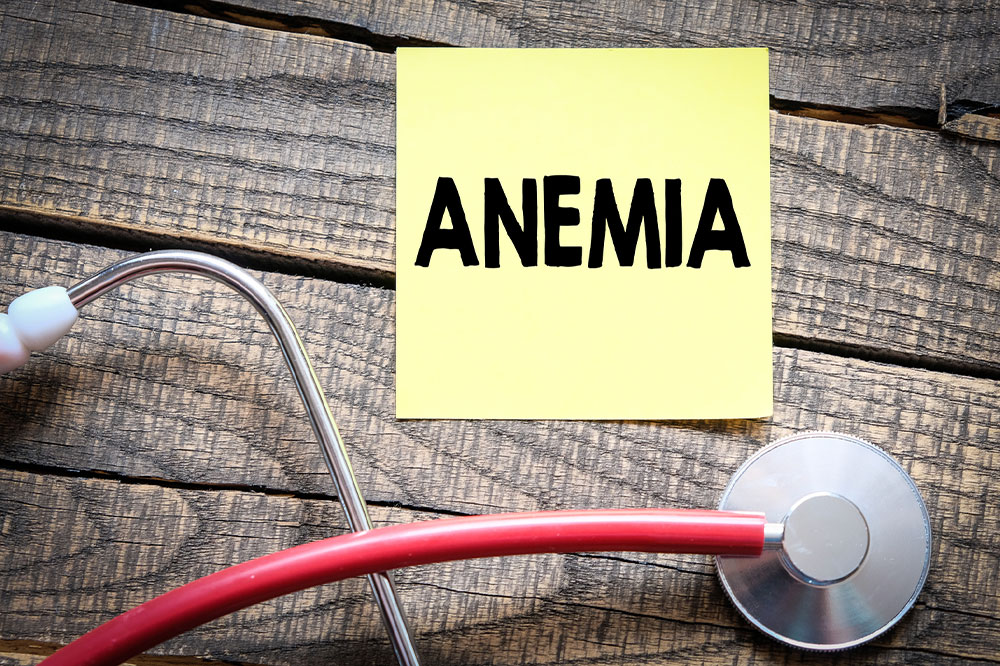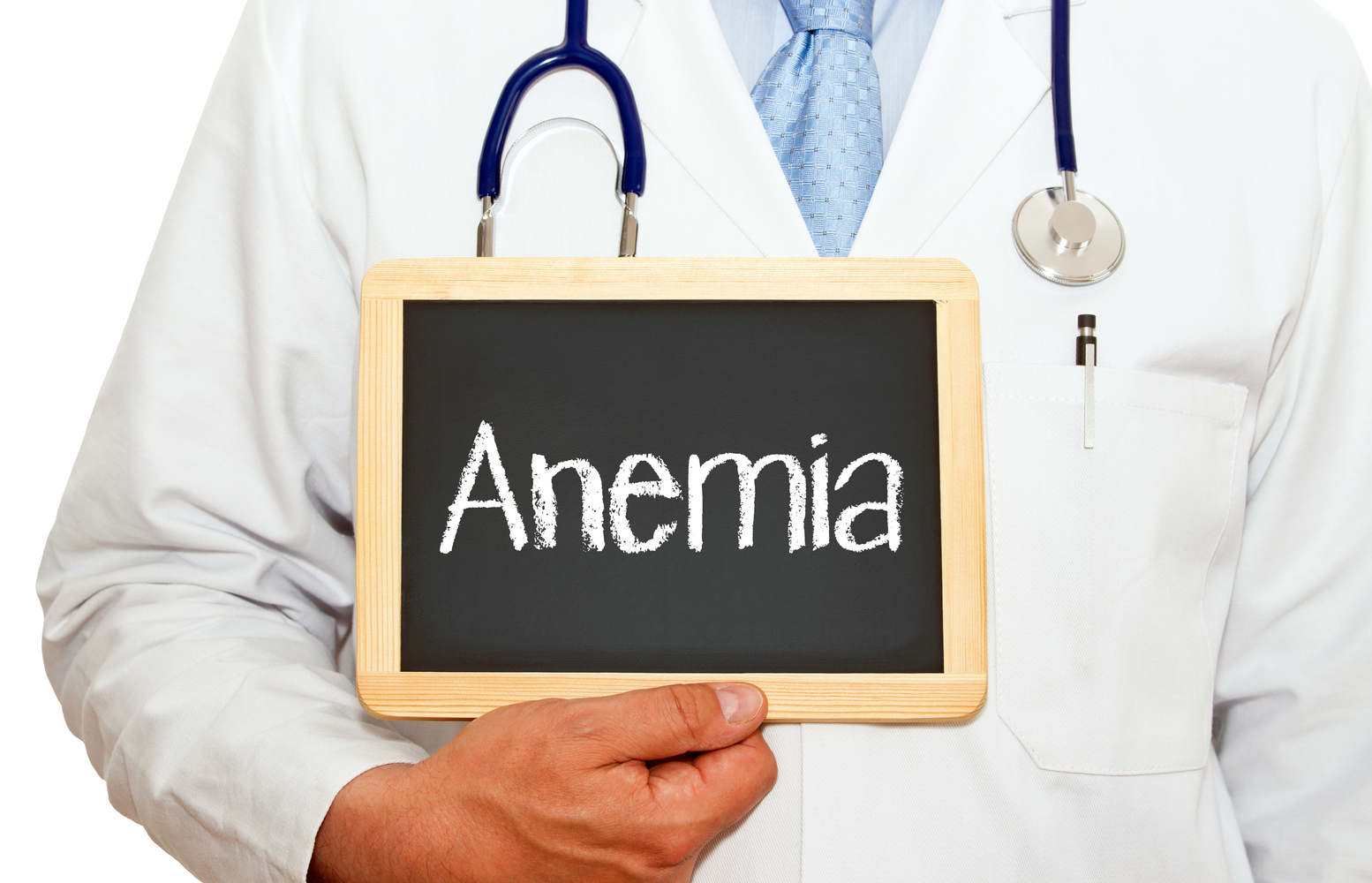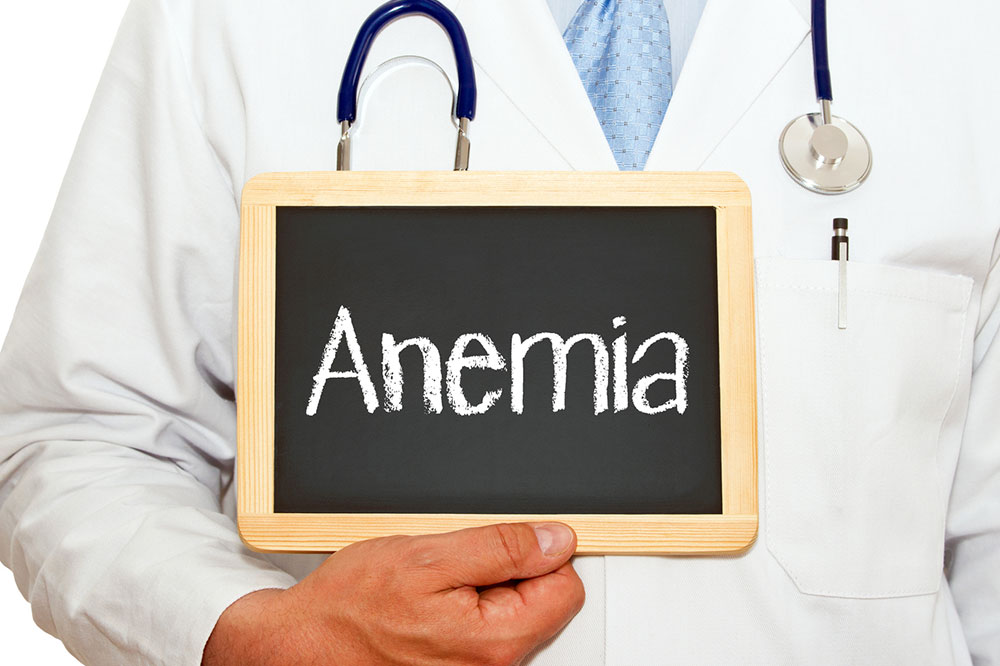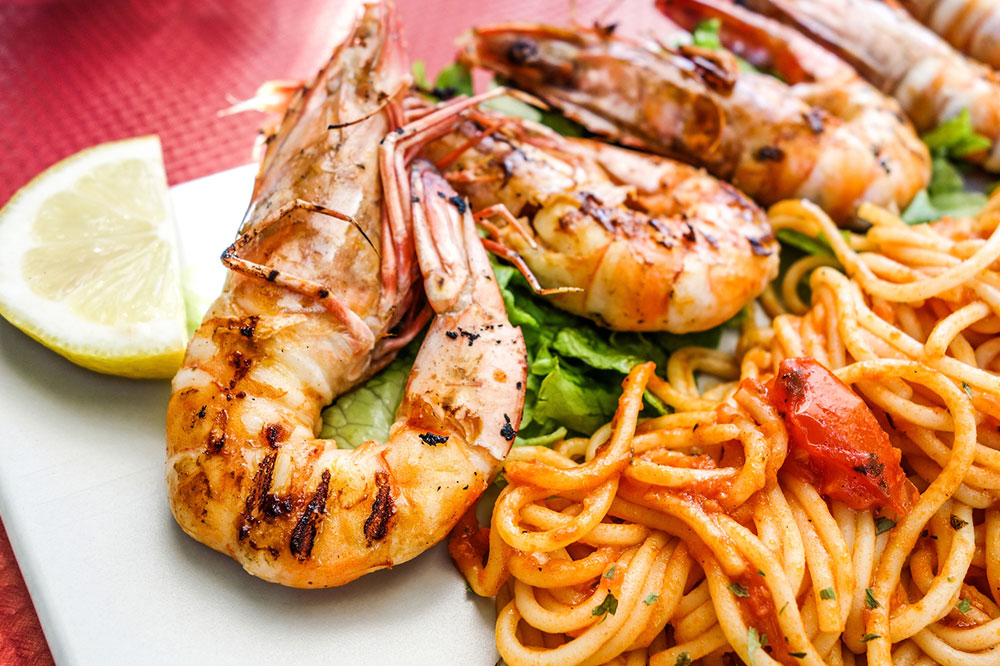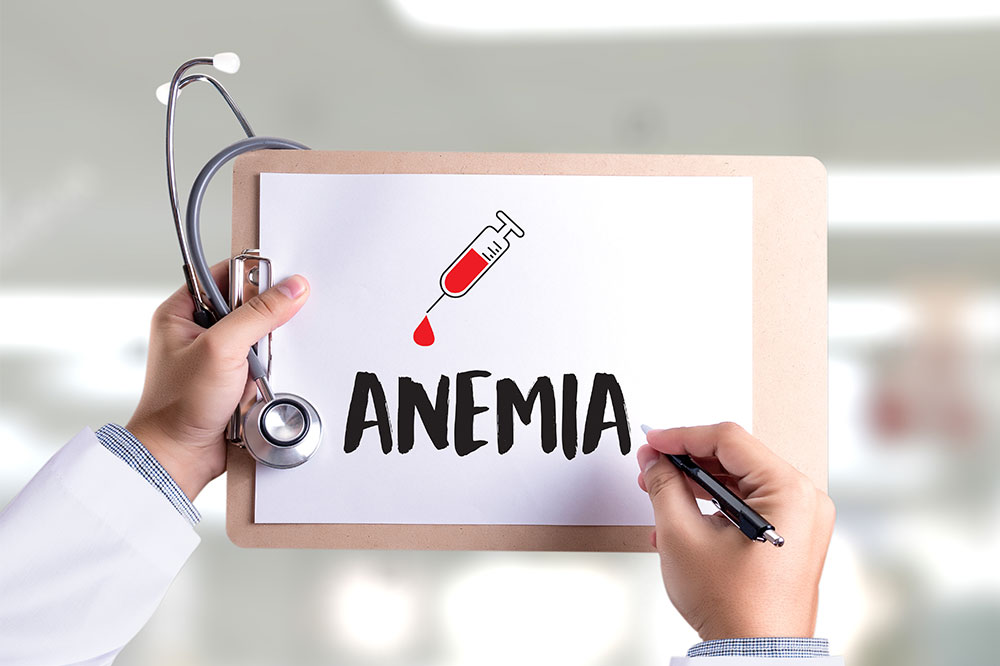Top 6 Nutrient-Rich Foods to Prevent Anemia
Discover six powerful foods that can help prevent and manage anemia by boosting your iron and nutrient intake. Incorporate greens, lean meats, grains, seafood, legumes, and molasses into your diet for improved blood health. Always consult a healthcare provider for personalized advice.
Sponsored
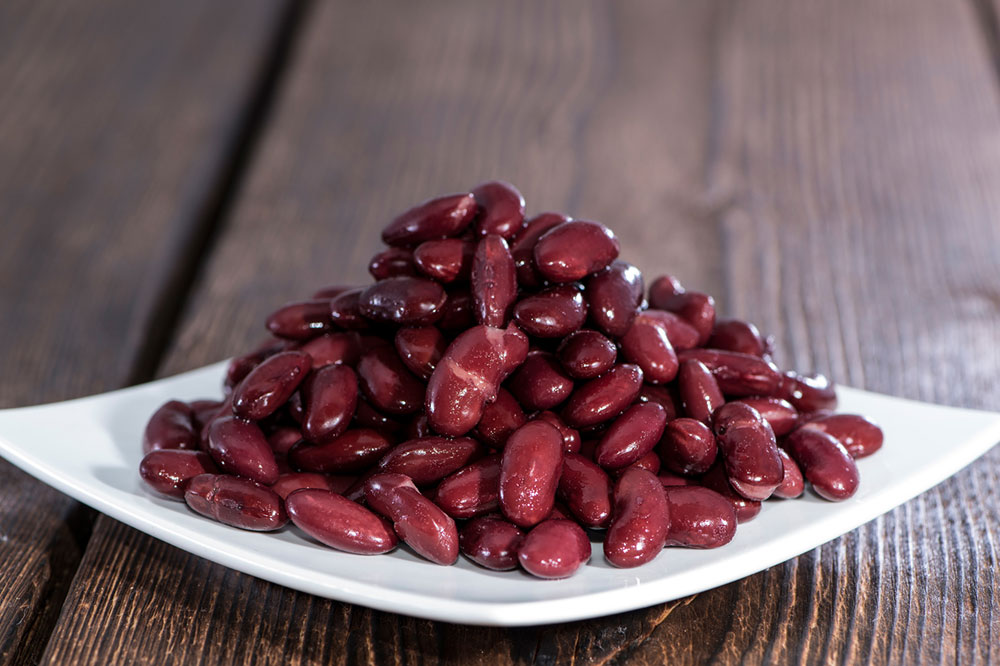
Blood consists of three primary cell types: White Blood Cells (WBCs) that fight infections, platelets that aid in clotting, and Red Blood Cells (RBCs) responsible for oxygen transport. A deficiency in RBCs caused by poor nutrition or health issues can lead to anemia, presenting symptoms like fatigue, weakness, and irregular heartbeat. Various forms of anemia exist, each with different causes. Experts emphasize that early detection, proper treatment, and a balanced diet rich in essential nutrients are vital for maintaining healthy RBC levels and preventing anemia.
Incorporating these nutrient-dense foods can help combat anemia symptoms:
Dark leafy greens
Iron deficiency is a common cause of anemia. Include spinach, kale, and other greens in your diet. Since plant-based sources of iron are less easily absorbed, increasing intake is beneficial for vegetarians and vegans.
Lean meats
For non-vegetarians, lean animal proteins like grass-fed beef or poultry are excellent sources of heme iron, which the body absorbs efficiently. Pair with vitamin C-rich foods to enhance iron absorption.
Quinoa
This supergrain supports optimal oxygen circulation by maintaining healthy blood oxygen levels. Other grains like oats, spelt, amaranth, and sorghum also contribute to reducing anemia risk.
Sardines
Rich in vitamin B12, sardines support RBC production. Their nutrient profile helps improve blood oxygen levels and alleviate anemia symptoms.
Legumes
Lentils and other beans offer high iron content and fiber. Remember to avoid caffeine close to meal times, as it can hinder iron absorption.
Blackstrap Molasses
Packed with calcium, magnesium, selenium, and vitamin B6, molasses is considered a superfood for anemia. Add it to breakfast oats, toast, or smoothies for a nutritional boost.
Since anemia can stem from various underlying health conditions, consulting with a healthcare professional before making significant dietary changes is recommended to ensure safety and effectiveness.

